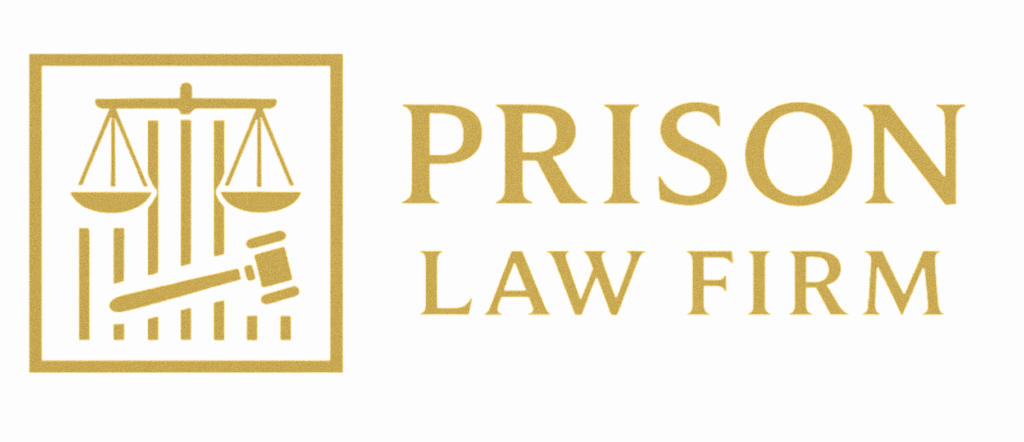Inside every federal prison, education isn’t optional for people who don’t already have a high-school diploma or GED. By regulation, anyone without a verified diploma or GED must enroll in a literacy program for at least 240 instructional hours (or until they earn the GED). That “school inside prison” requirement operates nationwide and makes the BOP one of the largest providers of adult basic education most folks have never heard of. The rule—and the ability to discipline those who refuse to participate—is spelled out in the BOP’s literacy regulations and policy.
What education looks like in federal prison
- Literacy/GED (mandatory if you don’t have a diploma): Minimum 240 hours or until you pass the GED.
- English as a Second Language (ESL), Adult Continuing Education (ACE), parenting, wellness, libraries, and more are offered at all institutions.
- ACE classes can include typing, financial planning, computer literacy, and other practical topics.
- Occupational/Vocational training & apprenticeships (e.g., HVAC, welding, machining) exist across facilities; many carry DOL-recognized credentials.
- First Step Act (FSA)–approved programs are identified in a public guide and can count toward Earned Time Credits when you’re otherwise eligible.
How this can affect your time and reentry
- Compliance matters: Refusing to enroll/complete mandatory literacy hours can trigger discipline, just like refusing a work assignment.
- Program choices matter: Verified completions (GED, ACE, vocational) build your reentry resume and—if approved in the FSA Approved Programs Guide—may contribute to Earned Time Credits for eligible people.
- Paper trail matters: Certificates and transcripts can influence case-management decisions and release planning; keep copies and send scans home whenever possible. (See the BOP Education overview for what’s typically available.)
Quick tips from our team
- Enroll early and attend consistently—especially if you need literacy/GED hours.
- Track completions (certificates, call-outs, rosters) and ask education staff to ensure your record reflects them.
- Align courses with goals (vocational credentials, reentry skills) and, where possible, with the FSA Approved Programs Guide.
- If you have learning or language needs, request accommodations or ESL placement—both are contemplated in BOP policy.

